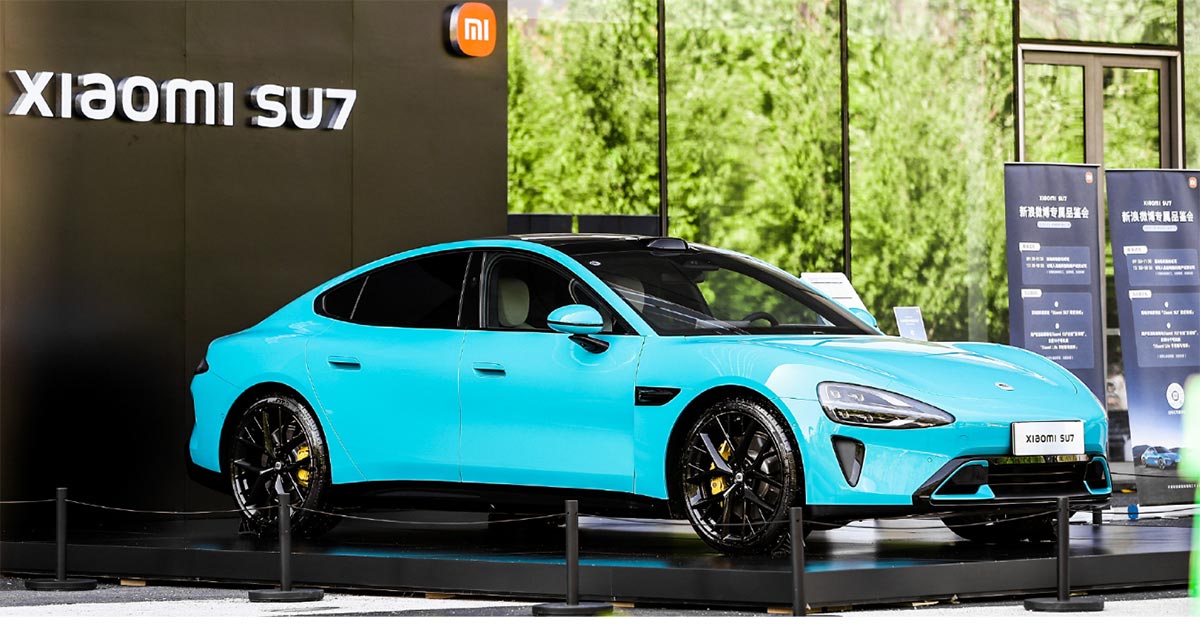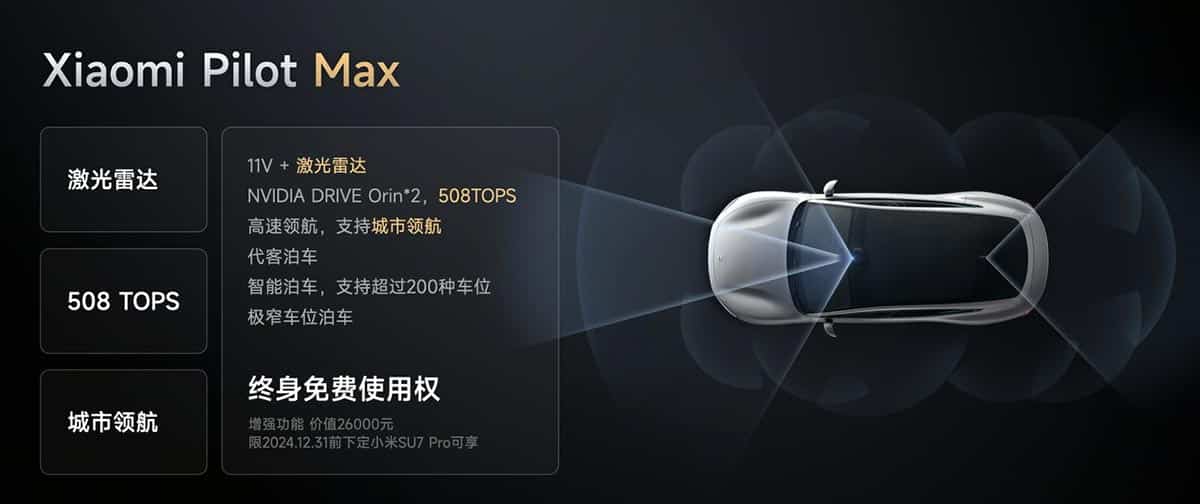Xiaomi's smart driving team has now surpassed 1,000 people, with plans to add an extra 500 by the end of the year, Xiaomi EV said.

Chinese smartphone maker Xiaomi (HKG: 1810, OTCMKTS: XIACY) said it has surpassed 1,000 people on its smart driving team and plans to continue expanding it.
Xiaomi's smart driving team has now surpassed 1,000 people, with plans to add an extra 500 by the end of the year, Xiaomi EV, the company's electric vehicle (EV) unit, said in a WeChat post yesterday, adding that it set up a self-driving Wuhan R&D center earlier this year.
In addition, Xiaomi's AI lab has been in existence for eight years and currently has more than 3,000 engineers, Xiaomi EV said.
For reference, Xpeng (NYSE: XPEV) said on May 20 that it would spend RMB 3.5 billion ($480 million) in 2024 on research and development of AI technology around smart driving and recruit 4,000 new professionals.
Intelligent driving is a key step in the evolution of the car from a mobility carrier to an advanced mobility space, Xiaomi EV said, adding that it is aiming for intelligent driving capabilities to be in the top tier of the industry in 2024.
Xiaomi EV unveiled its smart driving full-stack technology architecture at its December 2023 technology launch event, saying it uses technologies including large AI model, BEV (Bird's Eye View) algorithm.
On March 28, Xiaomi officially launched its first EV model, the SU7, which is available in three versions -- standard, Pro, and Max -- with starting prices of RMB 215,900 ($29,800), RMB 245,900, and RMB 299,900, respectively.
The company then announced the smart driving systems Xiaomi Pilot Pro and Xiaomi Pilot Max, with the former on board the SU7 standard edition and the latter available for the SU7 Pro and SU7 Max.
Xiaomi Pilot Pro is based on a pure vision solution and uses an Nvidia Drive Orin chip with 84 Tops of computing power.
Xiaomi Pilot Max has an extra LiDAR with two Drive Orin chips and a combined computing power of 508 Tops.
Compared to the standard model, the SU7 Pro additionally supports pilot assisted driving in urban areas, a feature that has been in beta since earlier this month, Xiaomi said in the WeChat post.
In its first OTA update in May, the Xiaomi SU7 Pro gained valet parking assistance based on end-to-end technology, it said.
Like other local EV makers, Xiaomi is building its own smart driving capabilites.
On August 25, 2021, Xiaomi announced the acquisition of DeepMotion Tech Limited, an autonomous driving technology company, for a consideration of about $77.37 million.
Founded in July 2017, DeepMotion was seen as a company in the field of high-precision mapping and positioning technology, and several of its executives, including its co-founders, worked at Microsoft Research Asia.
Wang Xiang, then president and CFO of Xiaomi, said the acquisition would fuel advances in Xiaomi's smart cars, particularly in the area of smart driving technology. Wang retired on December 30, 2022.
($1 = RMB 7.2449)

